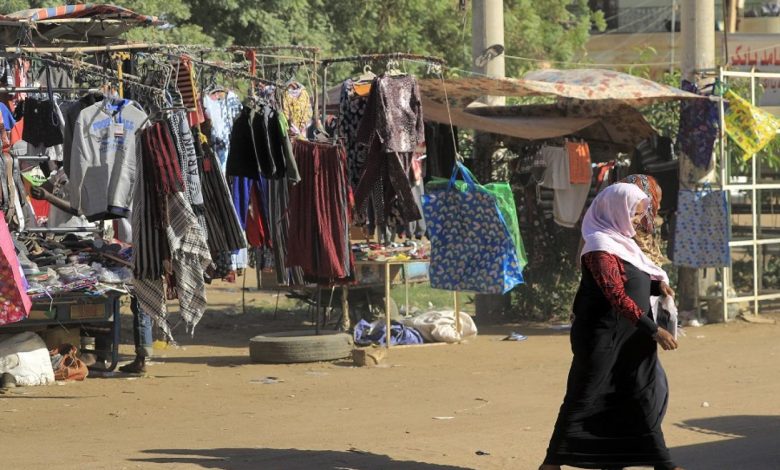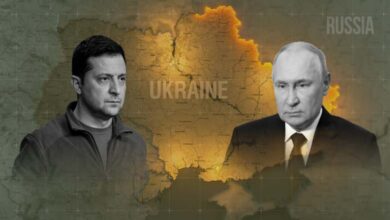Political Analyst: Continuing War and its Expansion Will Place Sudan’s Economy in Incalculable Losses
The continuation of the war and its expansion will subject Sudan's economy to losses that are beyond measure

The conflict and turmoil in Sudan continue to have enormous consequences on the country and its people, who are facing indescribable suffering. Amid UN warnings that the ongoing war in Sudan will lead to a “growing risk of disintegration,” there is an increasing likelihood of “foreign intervention and the erosion of sovereignty in the country.”
UN Suffering
A report from the “Roaya” network reveals that over 100 days have passed since the start of the fighting between the Sudanese Armed Forces led by General Abdel Fattah al-Burhan on one side, and the Rapid Support Forces led by Lieutenant General Mohamed Hamdan Dogolo, also known as Hemeti, on the other. These conflicting parties have inflicted “enormous suffering” on civilians in Darfur, with the fighting in the turbulent region “continuing to exacerbate old wounds of ethnic tension.” This is due to “brutal violence in the cities of Genena and Sarba,” in particular, and in other places more generally. There is “grave concern” because this situation “could plunge the country into a prolonged ethnic conflict that spreads to neighboring countries.”
The United Nations has revealed that the conflict in Sudan continues to have enormous consequences on the country and its people, who are facing indescribable suffering. The humanitarian needs and those related to protection “increase day by day.”
Deteriorating Economy
Mubarak Ardol, a Sudanese political analyst, states that the continuation of the war and its expansion will place Sudan’s economy in losses that cannot be comprehended in their dimensions. Even before these confrontations erupted, the country’s economy was already grappling with numerous major crises.
The Sudanese analyst added that the international community is exerting pressure on all parties to reach an agreement to resolve the crises and find solutions to save the state.
He explained that Sudan’s economy was already facing significant challenges before the war, but at least basic goods were available because the private sector, including companies and individuals, played this role. However, now everything is disrupted, such as factories and roads. Consequently, there will be no production in the coming months, which will negatively impact all aspects of life, especially food security.












